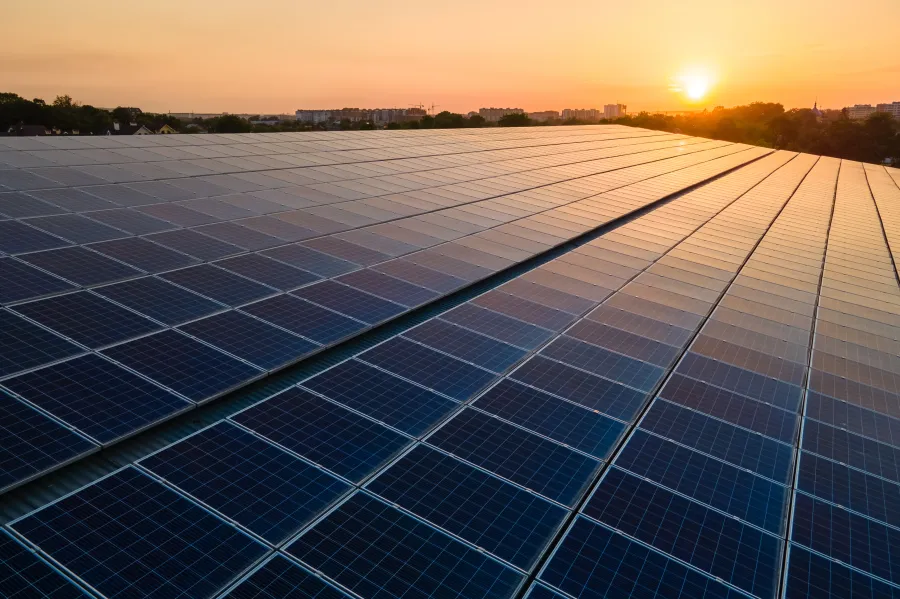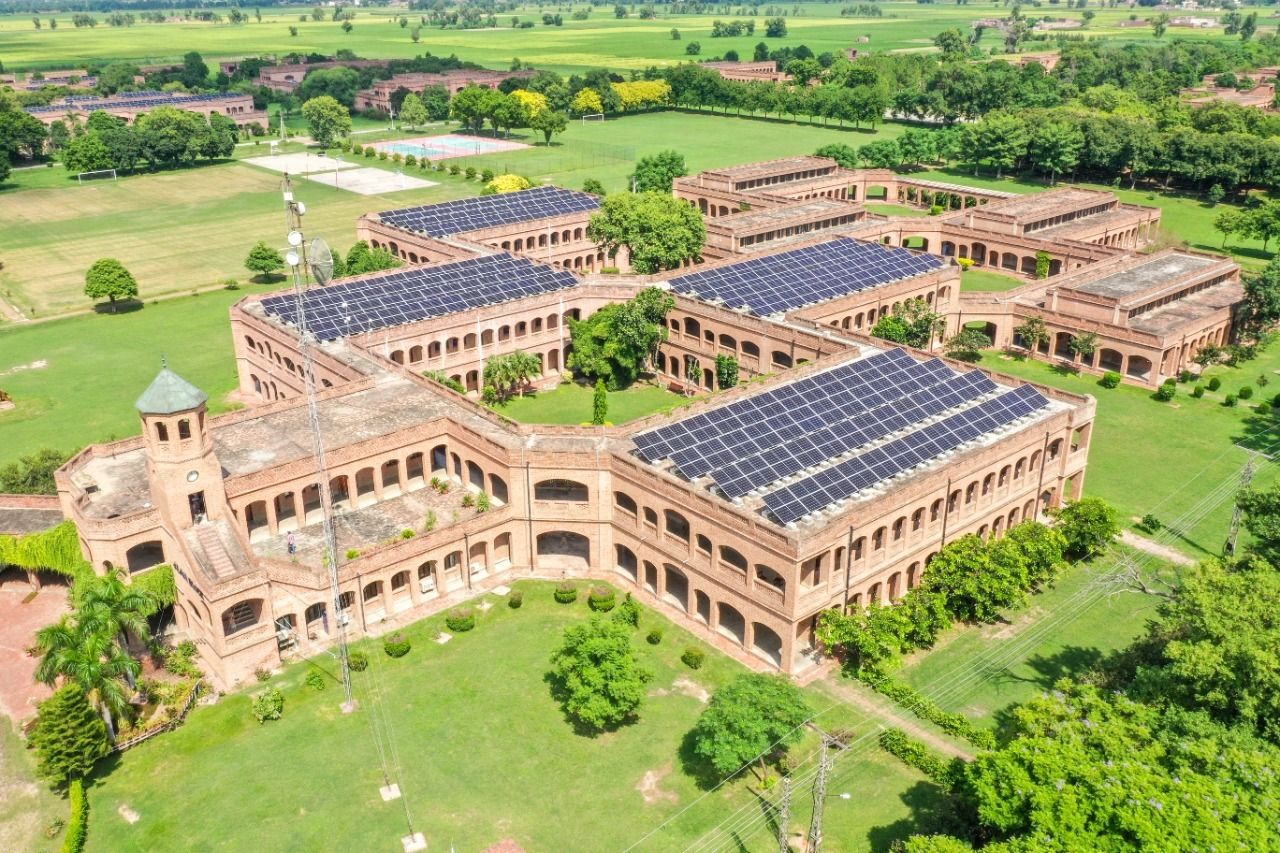
Solar energy is the best energy source for mankind. Its inexhaustible and renewable characteristics determine that it will become the cheapest and most practical energy source for mankind. Solar photovoltaics has developed rapidly in recent years and is the most dynamic research field and one of the most high-profile projects.
1. How do solar panels convert sunlight into electricity?
Solar panels are devices that harness solar energy and convert it into electrical energy. They operate based on the photovoltaic effect within a semiconductor’s PN junction: when an object is exposed to light, the distribution of charges within the object changes, leading to the generation of an electromotive force (EMF) and current. When sunlight or other light hits the PN junction of a semiconductor, it creates a voltage across the junction, known as the photogenerated voltage. Photons pass through the protective layer on the surface of the solar panel, enter the semiconductor material, interact with electrons, and generate free electrons and holes, resulting in the generation of an electric current.
To ensure efficient conversion of sunlight into electricity, high-efficiency semiconductor materials are chosen, and solar panel structures designed to maximize light utilization. Typically, solar panels consist of multiple solar cell units, each composed of a semiconductor wafer and two electrodes. An anti-reflective coating is often applied to the surface of solar panels to reduce photon reflection and enhance light absorption, thereby increasing the conversion efficiency.
It’s important to note that the efficiency of solar panels is influenced by various factors such as sunlight intensity, angle, temperature, shading, terrain, etc. Therefore, choosing an appropriate installation location and using efficient solar panel system designs are crucial for maximizing solar panel utilization.
2. Inverters transform solar energy into usable electricity!
Photovoltaic cells produce direct current (DC), but DC power cannot directly supply your devices. This is where inverters come into play. Solar inverters convert the DC electricity generated by solar panels into alternating current (AC) that can be stored in batteries or integrated into the grid. The electricity generated can then power your home and electrical appliances, working just like traditional power.
3. What are the advantages of solar energy?
1) Solar panels are renewable. They can continuously capture energy from the sun, unlike finite fossil fuels. As a result, solar photovoltaic panels are not only environmentally friendly but also offer a sustainable energy source for people.
2) Solar panels can be widely used in various applications. For electronic devices, solar panels can provide power by connecting them to chargers or directly charging batteries. In the case of vehicles, solar panels can charge the vehicle’s battery, reducing the dependence on fossil fuels.
3) Solar panels offer high efficiency and reliability. Modern solar panels employ advanced technologies and materials to provide efficient electricity production even in low-light conditions.
4) Solar panels have a long lifespan and stability, making them suitable for use in various challenging environmental conditions.
In summary, solar panels are highly practical renewable energy devices that can provide power for electronic products, vehicles, and more. They have advantages such as environmental friendliness, renewability, efficiency, and reliability, making them a vital component of future sustainable development.
Post time: Nov-07-2023


